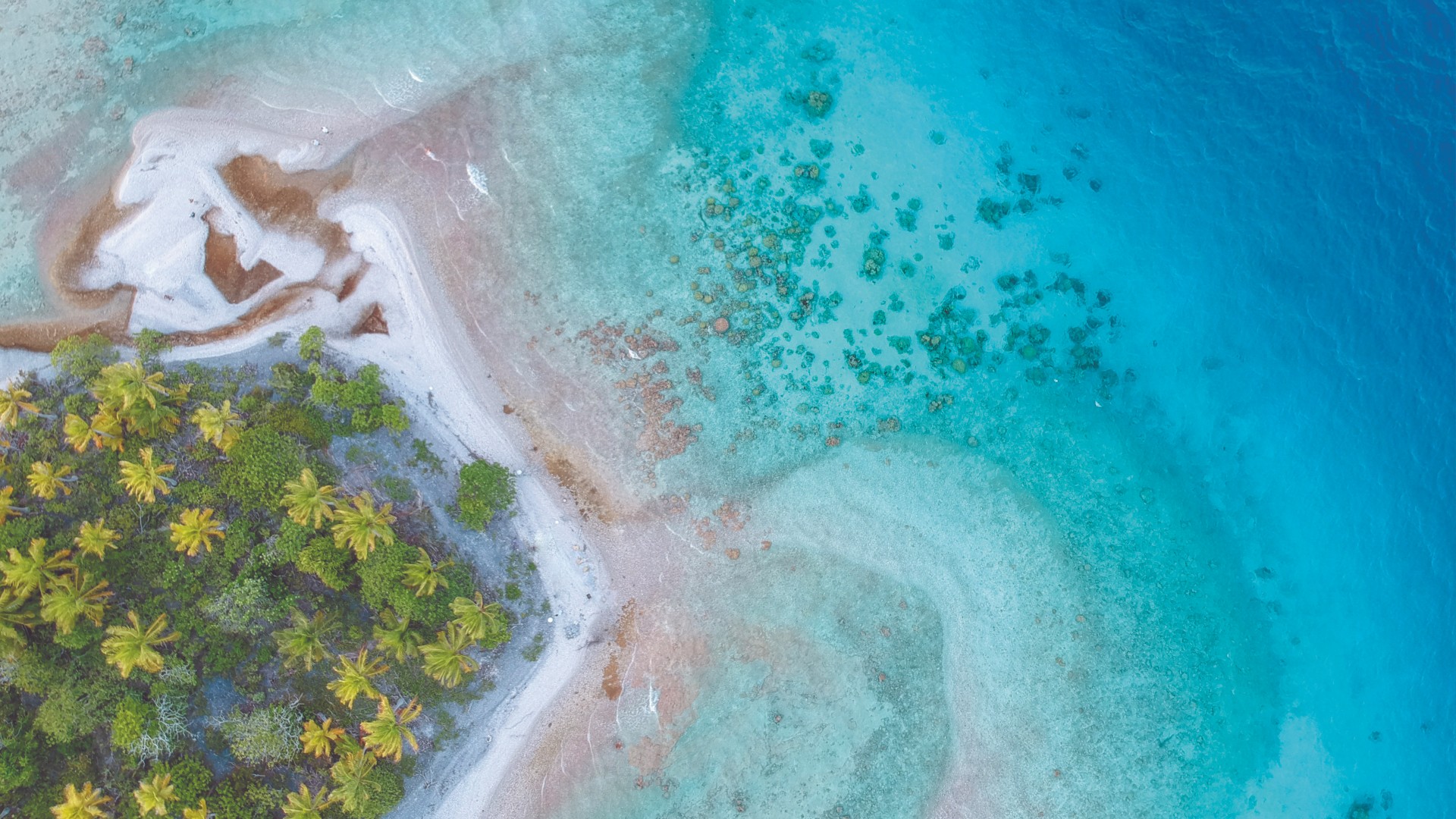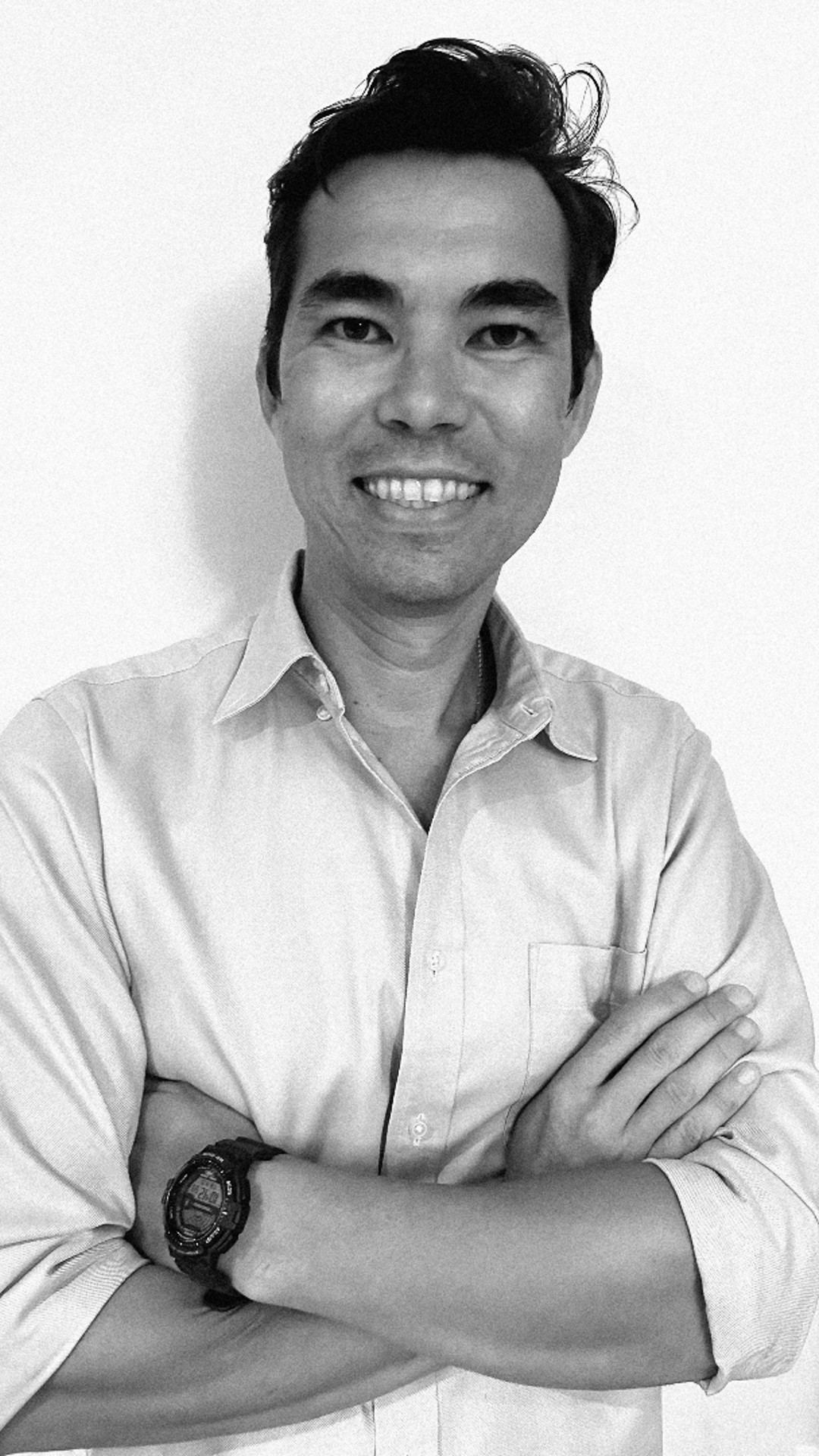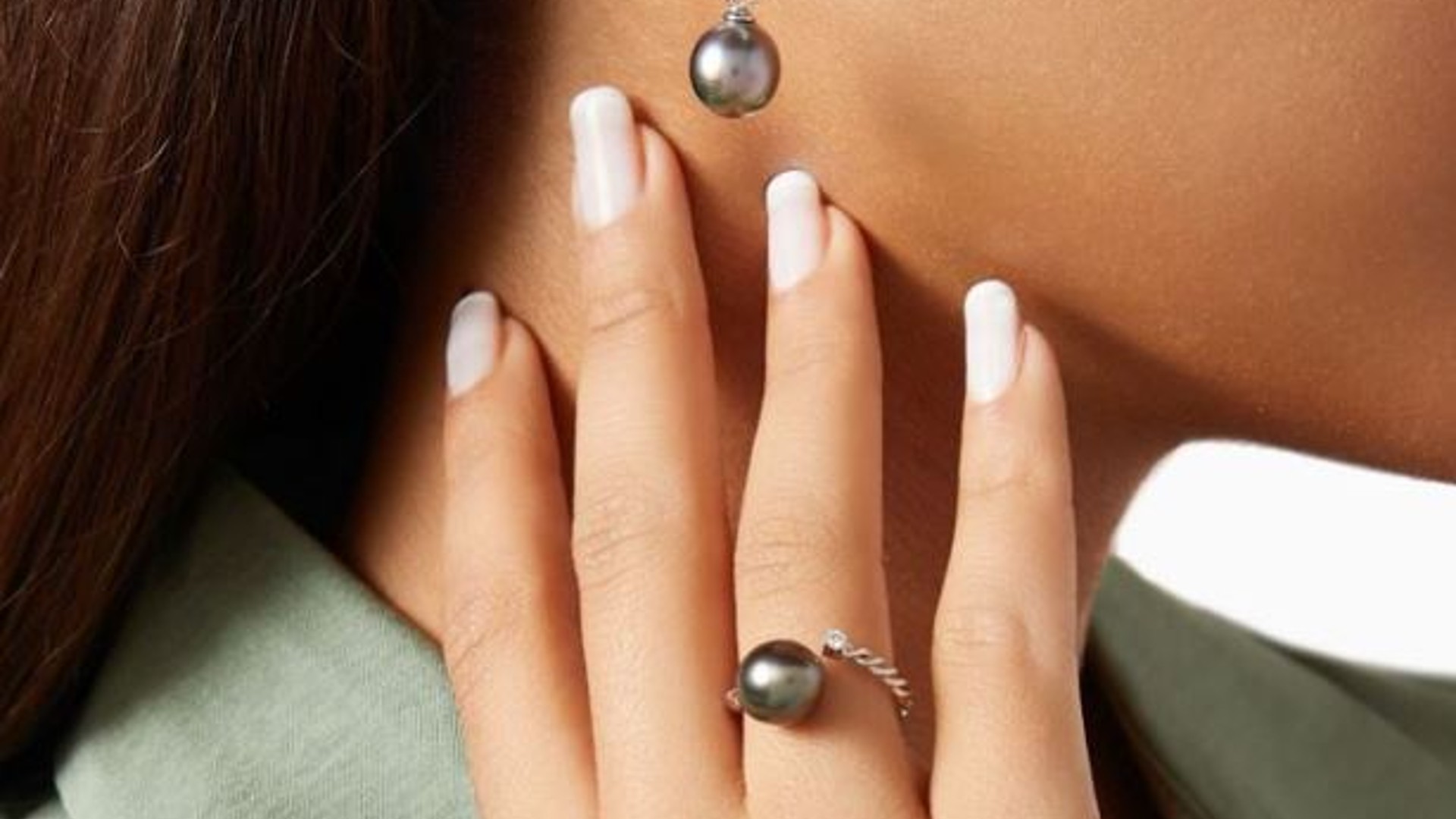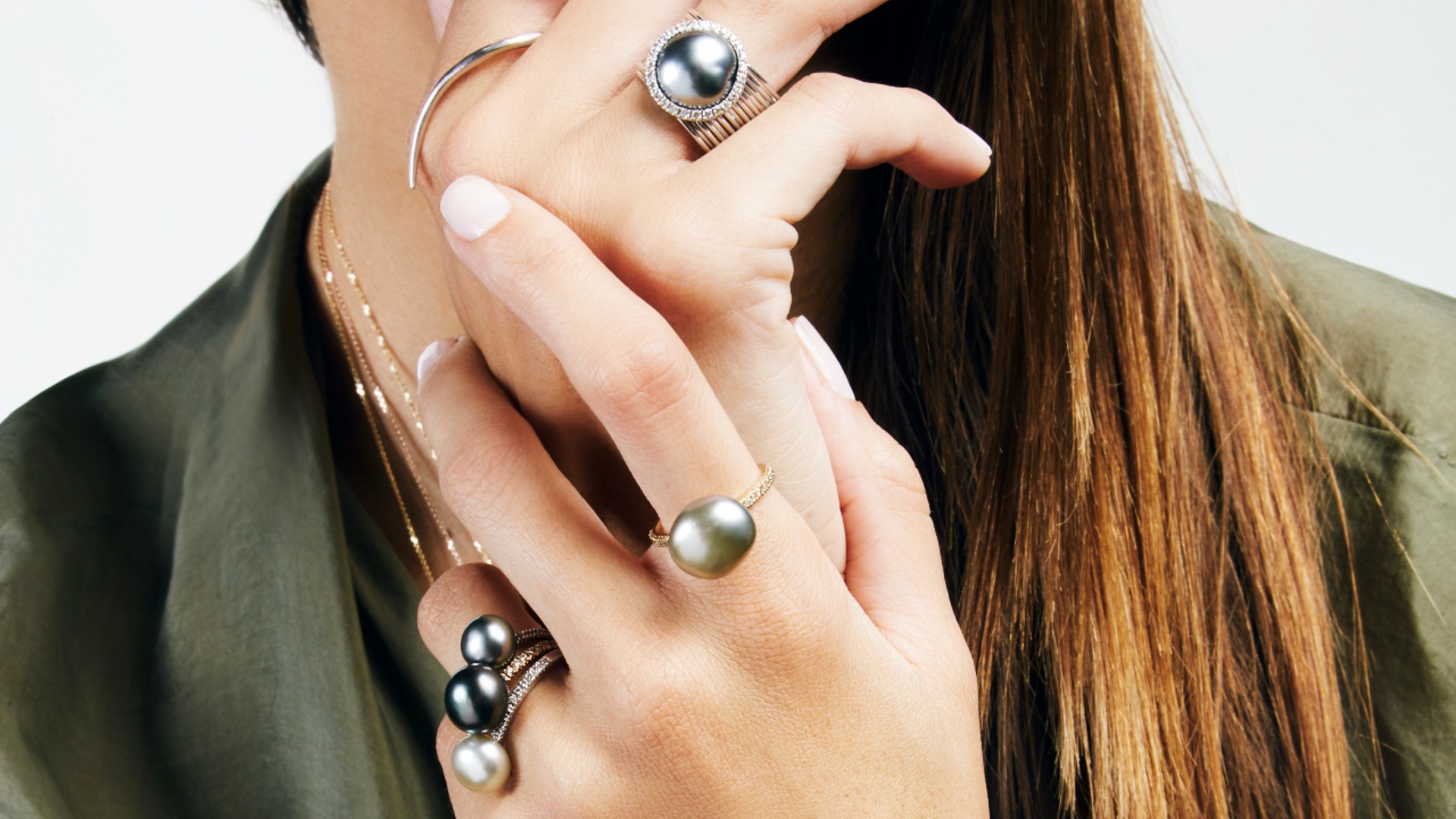- Nature
- Fashion & Retail
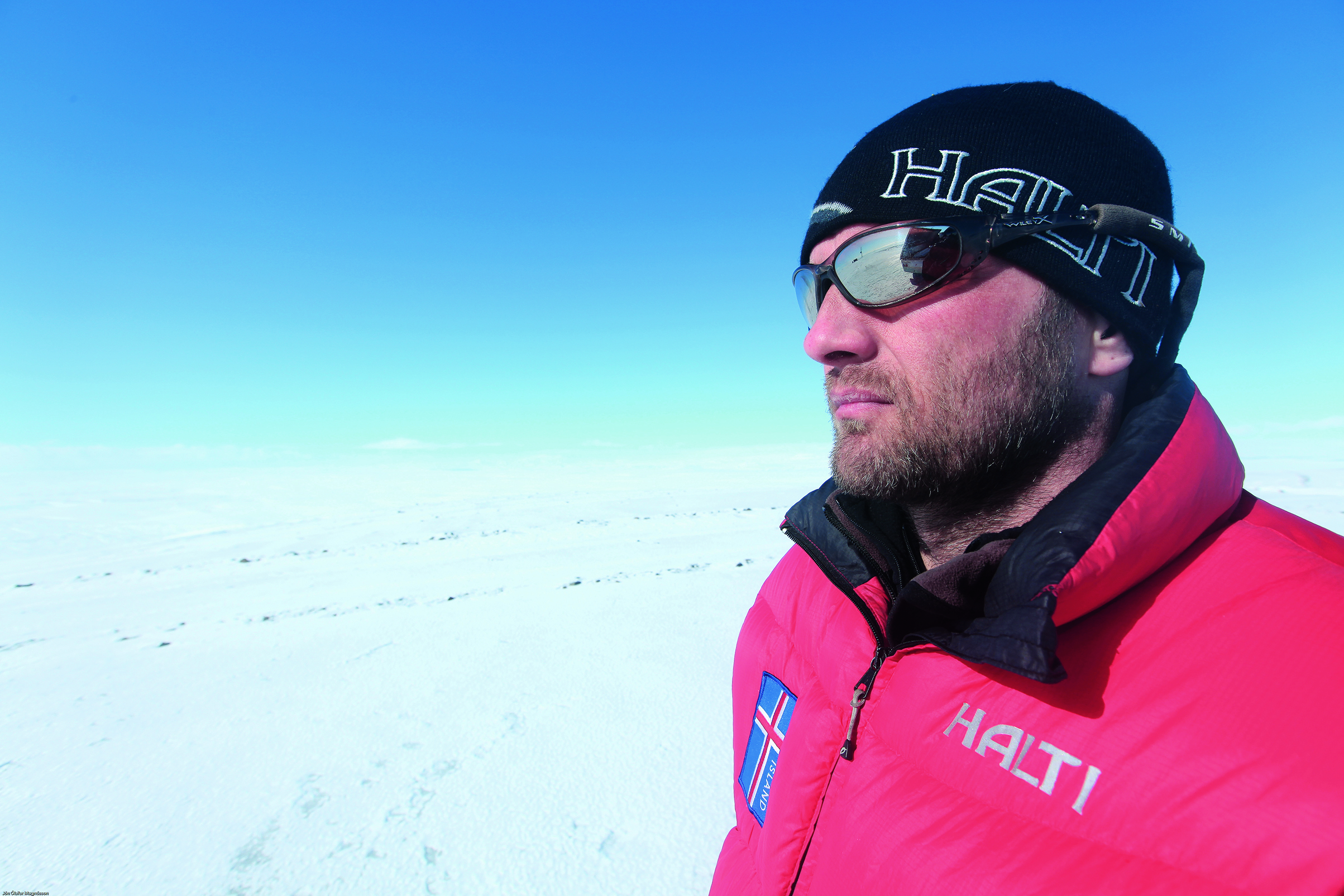
"Time is a luxury and when everything is going so fast around us all the time, the Tahitian pearl reminds us to take our time."
On the pristine white shores of French Polynesia, Robert Wan founded his eponymous company in 1973, now renowned as the world's foremost producer of Tahitian pearls. The dark green, yellow almond and cherry-hued pearls are supplied to leading luxury brands like Mikimito, as well as incorporated into the brand's own unique designs.
We speak to Robert's eldest grandson and commercial director, Richard, one of the many family members who are helping his legacy live on.
What did you dream of doing when you were younger?
I had a passion for science and engineering. I loved to understand how things work and how the world turns. I wanted to analyse things, find conclusions and source solutions.However, the reality is that there’s a lot of pressure when you grow up in a successful family business, particularly on a small island. People expect things from you. I didn’t realise that when I was younger, but certainly it’s much clearer as an adult, and even more so, now that I have children.
After graduating during the financial crash of 2008, nobody was hiring, so I started helping the family business instead. I’ve been able to find all the things I love within the business, helping improve it, develop it and find solutions. I’m so passionate about our pearls. After all, they’re what I grew up with. They’re beautiful.
What do you think is so unique about being part of a family business?
Like all family businesses, it’s not easy but there are lots of good things too. Lots of my family work here and we all want to put a stone in this big wall of the company, so we have to learn to respect everyone's opinion. It’s an honour to support my grandfather’s mission. That’s one of the greatest things about being in a family business – to be part of what your relative built. After so many years it’s still here. And as you work, you always keep them in your mind.
What does the Tahitian pearl mean to you?
It is perfection within imperfection. It teaches you patience. You put five years of work into one pearl, and you might not even get one. The pearl comes from a living oyster and you have to adapt to it, not the other way round. It’s not like a diamond or ruby where you can shape them and cut them to fit a ring or pendant.
The pearl is born with its own colour, shape and quality and all of our designs need to be tailored to that. The Tahitian pearl really echoes how we are as a company – doing things slowly but surely. Time is a luxury and when everything is going so fast around us all the time, the Tahitian pearl reminds us to take our time.
What is so unique about the way you farm pearls?
We raise our own baby oysters in a natural nursery. It takes three years to raise them. After that time, we nurture them, clean them and put them back in the water for another two years. Then at harvest time, we sort the pearls with help from our expert graders.
Every single pearl is graded and then taken to design. We train our designers to put the pearl first. This philosophy has an impact on the way we do everything. If we don’t look after the pearl and its environment properly, we’ll go out of business. It’s really important for us to take care of both. You need to come here and see it for yourself.
How do you think travel enriches people’s lives?
This question really touches my heart. I travelled a lot in my 20s and 30s to Asia, the Philippines, Africa and Europe. It brought to life how lucky I am and it taught me respect and empathy. Travel shaped the way I manage my company and how I manage my responsibilities. It also showed me the possibilities that exist around the world – to see what humans can build but also what they can destroy. Ultimately, travel is about learning respect, tolerance and empathy.
What is your greatest piece of advice?
I’m not very good at advising people! But I would say that you should always respect people’s choices and try to understand how they ended up the way they are. When you understand people more deeply you can work together in a much better way. And one more piece of advice: always be grateful.
